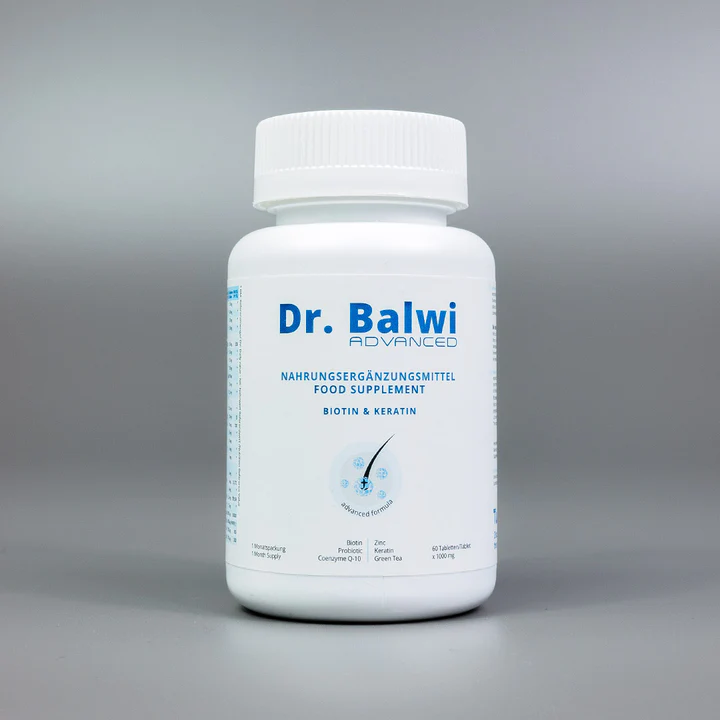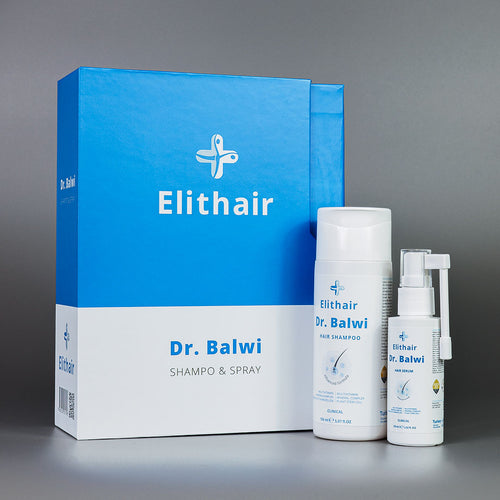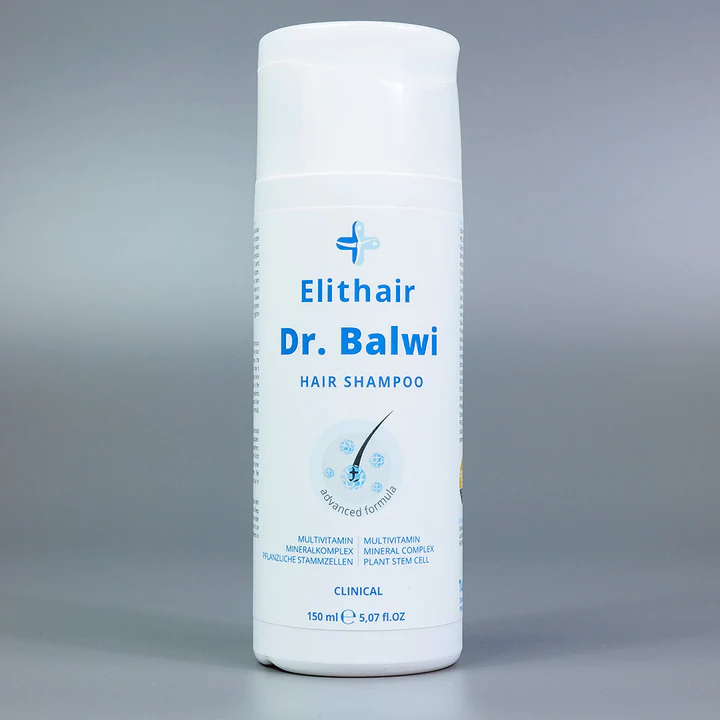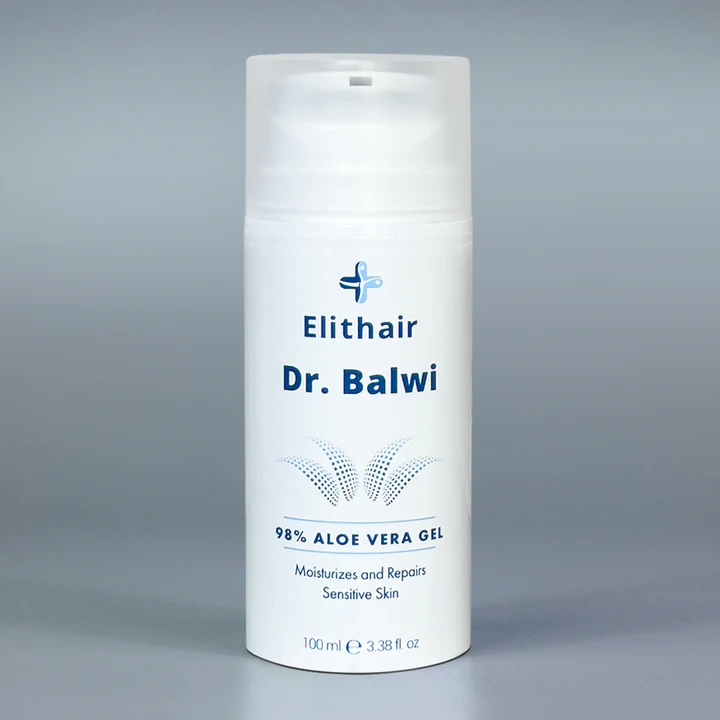
What Effect Do the Seasons Have on My Hair?
While hair can typically shed at any time of the year, the weather can contribute to seasonal hair loss. The changing of the seasons mirrors the hair cycle of growth, transition and rest before shedding. We’ll be looking at how your hair reacts to different weather conditions along with the best time of year to get a hair transplant.
Summary
- Hair Health in the Summer Months
- Seasonal Hair Loss in the Winter Months
- What is the Best Season for a Hair Transplant?
- What Does Elithair Recommend for Seasonal Hair Loss?
Hair Health in the Summer Months
During the warmer summer months, experts have different opinions on why we tend to hang on to more of our hair. Some consider that your hair grows more for better protection from the sun. In order to protect your scalp, your body minimises the amount of shedding and may be an evolutionary trait.
With longer daylight hours, it can be the case that your hair begins to enter the telogen phase/resting phase, as seen in studies. This doesn’t mean that the hair falls out immediately, in fact it takes several weeks or months for this hair to shed as with telogen effluvium. This explains how the later autumn and winter months can contribute to more hair loss than usual.
Hair Care for the Heat
To keep your hair follicles healthy when it’s warm out, there are certain precautions you should take. Hair care products that have UV filters are advised to protect your hair and scalp from sun damage. When swimming take care to drench the hair beforehand in clean water or a leave-in conditioner, particularly if you’re going into a swimming pool to maintain healthy hair. The chemicals in pools can strip your hair of any natural protective oils.

Seasonal Hair Loss in the Winter Months
In the colder months there is evidence that there can be excessive hair shedding in fall and sustained into winter, more than the typical 100 hairs per day. Along with the life cycle of the growth phase contributing to this shedding, the drier weather can also mean that the hair is more likely to break, leading to losing more hairs per day. This increase in seasonal shedding can tend to last for about three months before returning to normal in the springtime. This seasonal hair loss also tends to affect women more than men.
Hair Care During Winter
As the weather turns colder it’s important to ensure that hair is kept hydrated and moisturised in order to maintain its health. Keeping heat styling to a minimum will also help to ensure there is less hair break, let the hair air dry if possible and avoid blow drying. Don’t wash your hair too often as it can remove natural oils from your hair, further drying it.
What is the Best Season for a Hair Transplant?
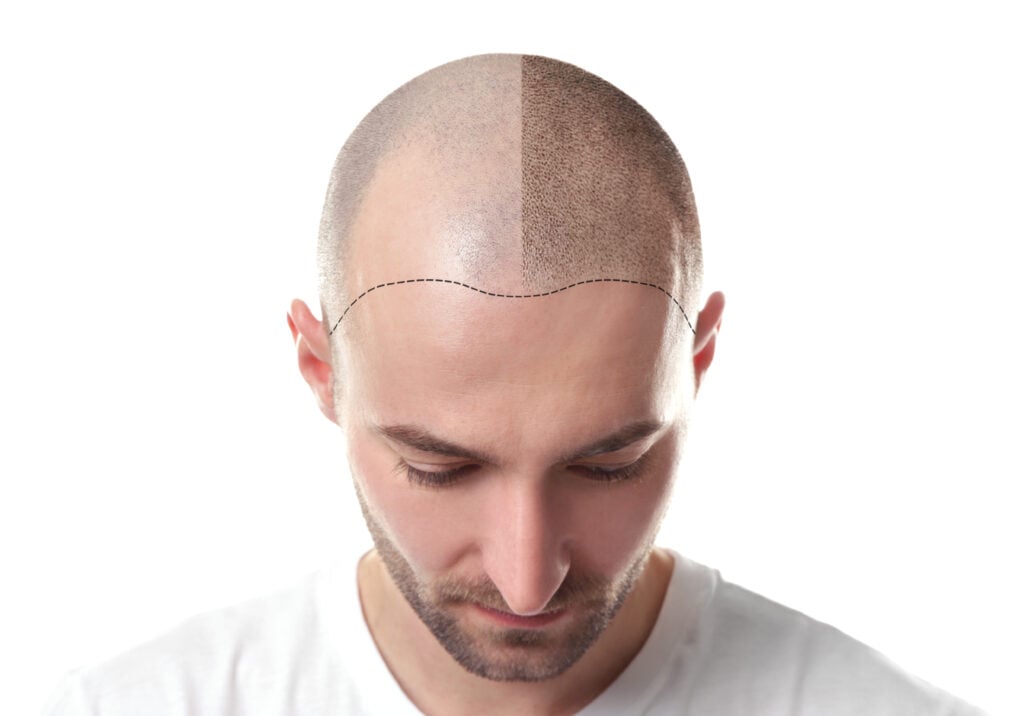
Summer
If hair loss is on your mind you may be considering a hair transplant surgery. The weather can have an impact on how you approach your aftercare following the procedure. Many people may consider getting a hair transplant in summer, especially if they want to enjoy spending time in Turkey before or after their procedure.
However, avoiding sun exposure after your treatment is one of the most important parts of your recovery. This is because any excess sweating is discouraged as it could interfere with the newly implanted grafts. Along with this during warmer weather you can be more susceptible to dehydration and higher blood pressure which is to be avoided.
Winter
Conversely in winter and cooler months, the cold weather has no effect on the healing process and is when there is a peak in hair transplants. With cloudier weather, the lack of sun and heat means there is not a threat to the implanted follicles.
Avoiding rain is important as the rainwater can contain chemicals from the air which could affect your grafts. While you may want to wear a tight hat to protect your new hair from the cold, there can be sweating and humidity which has an impact on the healing of your recipient area.
What Does Elithair Recommend for Seasonal Hair Loss?
Taking care of your hair throughout the seasons is important in order to promote growth and keep hair healthy. During the summer keeping your hair moisturised and nourished is crucial as hair can become dehydrated and frizzy. Dr. Balwi’s 98% aloe vera gel is ideal for providing the soothing effects your dry hair needs in the heat.
In the winter the lack of vitamin D can mean that hair is not functioning properly as part of the hair growth cycle. In order to prevent seasonal hair loss our high dose vitamin D supplement provides an easy solution to supporting hair growth during these colder months.
While it can be easier to receive a hair transplant in the cooler winter months, Elithair is on hand to make sure your treatment goes smoothly no matter the weather. The most important thing to consider is that you have the optimal recovery window for you where you feel most comfortable, any time of year. Try our free hair analysis today to see how we can help you achieve the hair of your dreams.
